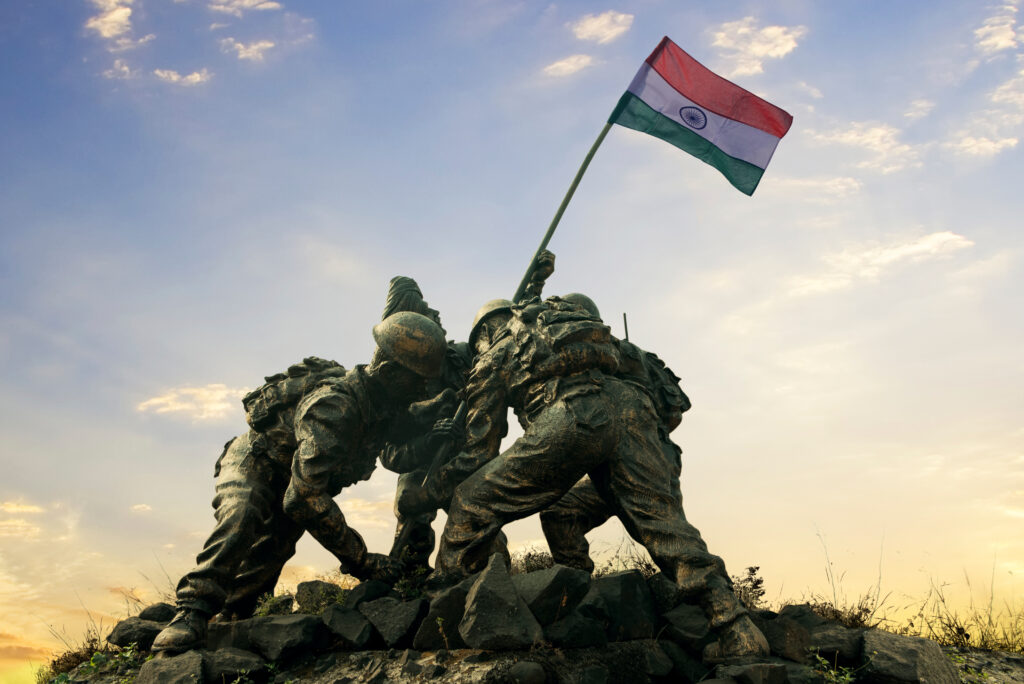India’s Prime Minister Narendra Modi has pledged swift and decisive action after a deadly militant attack in Kashmir left 26 civilians dead, many of them tourists. The massacre occurred in the scenic town of Pahalgam on Wednesday, triggering national outrage and international concern. Modi vowed to bring every terrorist and supporter involved to justice, stating that India will not stop until all perpetrators are caught.
National Unity in the Face of Tragedy
Speaking in Bihar on Thursday, Modi condemned the attack in strong terms.
“India will hunt them down across the world,” he declared.
He promised that the violence would not break India’s spirit or determination.
The Prime Minister also called for an all-party meeting to brief opposition leaders about the government’s planned response.
Officials confirmed that most victims were domestic tourists, killed while visiting the region under Indian administration.
Attack Claimed by The Resistance Front
A group calling itself The Resistance Front took responsibility for the attack. In its statement, it described the victims as “outsiders,” a term often used in the region for non-Kashmiris.
Indian security agencies dismissed the group’s claims of independence. Officials linked it directly to Lashkar-e-Taiba, a militant organization based in Pakistan.
The government believes this connection is evidence of foreign backing for the attack.
Earlier this week, New Delhi officially accused Pakistan of supporting cross-border terrorism.
Diplomatic Fallout Deepens Between India and Pakistan
In response to the attack, India suspended a key water-sharing treaty with Pakistan and closed its main land border.
Diplomatic ties were downgraded immediately, with top Indian officials demanding further punitive steps.
Several members of Modi’s ruling Bharatiya Janata Party (BJP) and national media figures called for a military strike.
Meanwhile, Pakistan denied all allegations. Foreign Minister Ishaq Dar labeled India’s accusations as “reckless” and warned of serious consequences.
“Any kinetic step by India will see a tit-for-tat kinetic response,” Dar said in a televised interview.
Pakistan maintains it had no role in the attack and urged de-escalation.
Setback for Kashmir Tourism Strategy
The attack comes at a time when India has been actively promoting tourism in Kashmir.
Since revoking the region’s autonomy in 2019, the government has tried to boost travel and development in the area.
New infrastructure, increased policing, and public events were aimed at reviving the local economy and reducing violence.
However, Wednesday’s attack threatens to undo much of that progress.
Security experts say the killing of tourists could discourage future visitors and harm the area’s image.
“This is not just a security issue—it’s a serious blow to India’s efforts at peace-building in Kashmir,” said analyst Vikram Desai.
Security Forces on High Alert
Following the attack, security forces launched large-scale operations across southern Kashmir.
Dozens of suspects have been detained, and road checkpoints have been increased.
A senior military officer, speaking on condition of anonymity, said troops are “conducting precision operations” to avoid civilian casualties while tracking militants.
Residents in Pahalgam have expressed fear and uncertainty. “We were just starting to see more tourists,” said local shopkeeper Bashir Ahmed. “Now, people are afraid again.”
The coming days may determine how far India goes in responding to this crisis.
Modi’s government is under pressure to act firmly but avoid triggering wider conflict with Pakistan.
International observers are closely monitoring the situation. Calls for restraint have come from several countries, urging both sides to avoid escalation.
